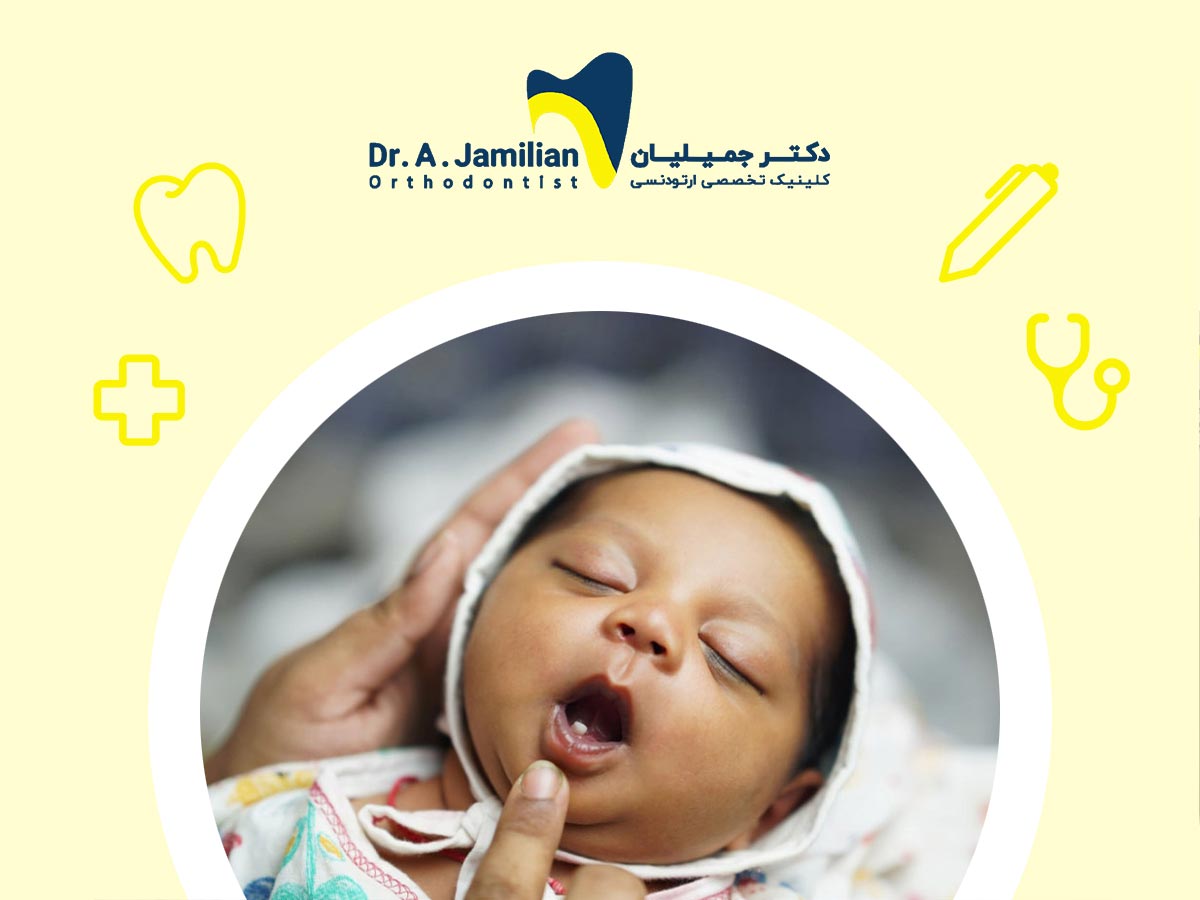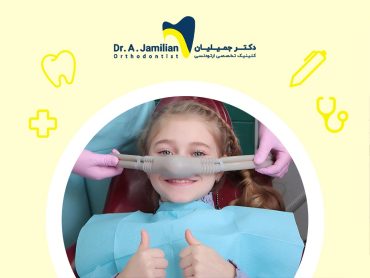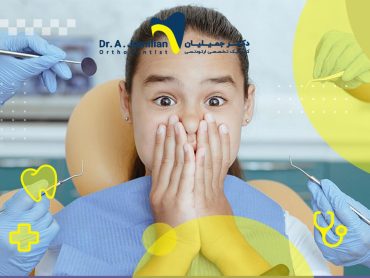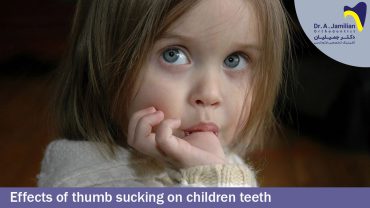The eruption of natal teeth is an issue that occurs in a small percentage of newborns. Due to this phenomenon, some infants are born with teeth already present in their mouths, which leads to concern and anxiety among the parents. This article from Dr. Jamilian’s website examines the causes and eruption of natal teeth. Read this article carefully to help you gain essential information so you can take the necessary steps when you encounter natal teeth.
What are natal teeth?
Natal teeth, also known as neonatal teeth, are teeth that are visible at the time of a child’s birth. The eruption of natal teeth is not prevalent, occurring in only about 10 percent of newborns. Typically, the natural timing for tooth eruption in children begins around six months of age, with the first teeth usually appearing in pairs in the lower jaw. while natal and neonatal teeth are present at birth and are often found in the canine and molar regions. In most cases, natal teeth exhibit mobility (similar to loose teeth) due to a lack of root structure.
Investigating the causes of natal teeth eruption
The eruption of natal or neonatal teeth undoubtedly has specific scientific explanations. For instance, many infants born with a cleft lip and palate also exhibit natal teeth. It is noteworthy to consider that genetic factors play a key role in the eruption of these teeth.
Certain syndromes are also associated with the growth of natal teeth. These syndromes include:
- Ellis-van Creveld syndrome
- Sotos syndrome
- Hallermann-Streiff syndrome
- Pierre Robin syndrome
It should be noted that malnutrition during pregnancy is also a sign associated with the eruption of natal teeth. Research indicates that natal teeth are more frequently observed in female infants than in male infants.
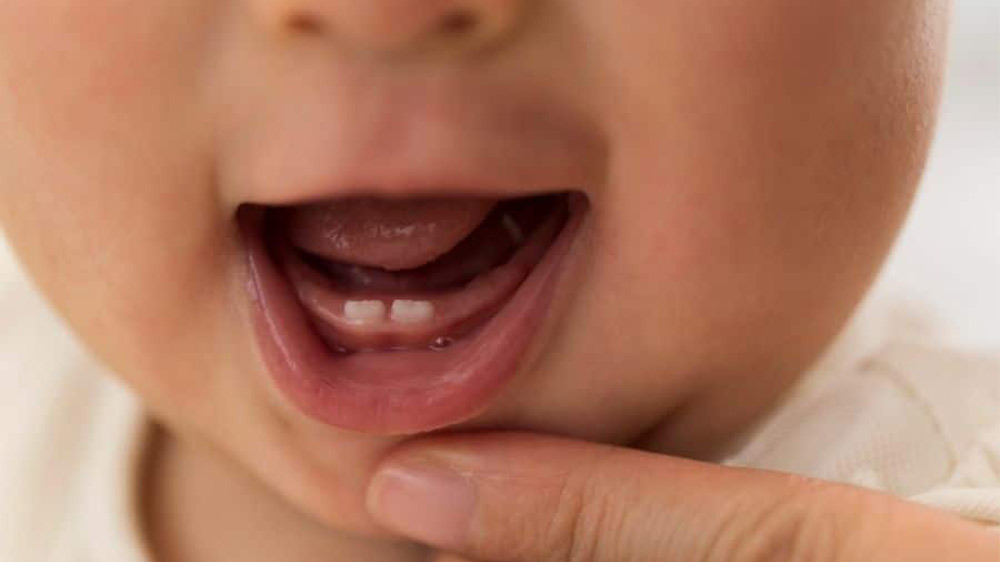
Risks of natal teeth
Many parents who observe natal teeth in their child’s mouth wonder, “Are natal teeth dangerous?” The answer is yes; the eruption of natal teeth can lead to several complications. The most common risks associated with natal teeth include:
- Potential for Tongue Injury: Natal teeth are often very sharp, increasing the likelihood of tongue injuries. Most children with natal teeth are reluctant to breastfeed.
- Difficulty with Sucking: Infants with natal teeth may experience pain while sucking on their mother’s breast or a bottle nipple, leading to resistance. In this situation, consulting with a pediatrician and pediatric dentist is essential.
- Risk of Swallowing and Choking: Another significant risk is the possibility of swallowing the natal tooth. In most cases, natal teeth are loose, and If the natal tooth becomes detached and swallowed by the infant, there is a potential risk of choking.
Treatment of natal teeth
If your child has natal teeth, it is important not to overreact. The first step is to check whether the tooth is loose. However, the primary action should be to consult a dental specialist. The specialist will examine the tooth and determine whether the natal tooth needs to be removed. Sometimes, the specialist may prefer to postpone treatment if the natal tooth is not loose. If the natal tooth leads to the growth of an extra tooth during early childhood, the issue can be resolved through extraction or orthodontic treatment.
In conclusion, we urge you to visit a dentist upon noticing a natal tooth. This precaution helps prevent potential injuries. Furthermore, ensure regular dental check-ups every six months to monitor the growth of your child’s teeth. If you have specific questions regarding natal teeth, please submit them in the comments section, and we will provide you with guidelines at the earliest opportunity.
Natal teeth FAQ
Yes, heredity and genetic factors are considered one of the reasons for the eruption of natal teeth.
If the eruption of natal teeth is due to hereditary factors or the mother’s inadequate nutrition during pregnancy, it is generally not considered a sign of disease in the infant. In certain cases, natal teeth may be associated with rare genetic syndromes, which has the downside to indicate a specific health condition.
If the natal tooth is loose at birth, it should be extracted after consulting a dentist to prevent potential risks, such as the infant swallowing the tooth. If the natal tooth is not loose, it is put to the pediatric dentist to determine whether to retain or extract it based on the child’s overall health and condition.
In most cases, natal teeth will lack roots. As a result, they are often found loose and necessitate their removal.
A popular misconception is that an infant born with natal teeth is more intelligent. However, no scientific evidence supports this notion; it is solely a common misbelief.
